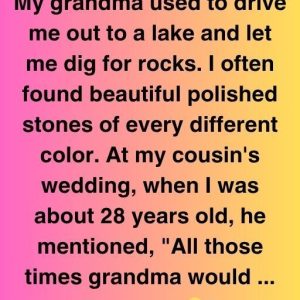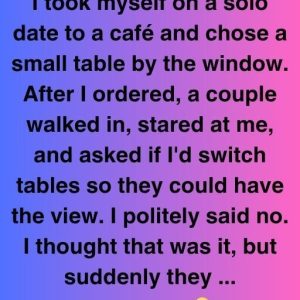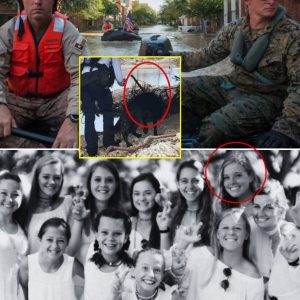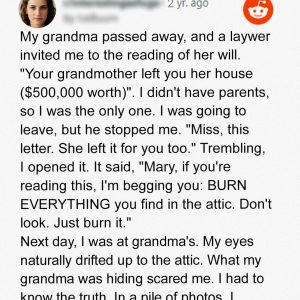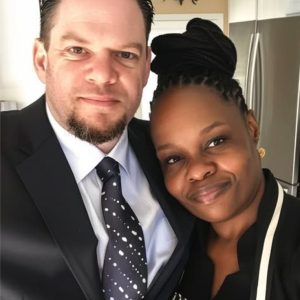“She’s Not Yours”: My Mother Ruined My Daughter’s Birthday Trying to Expose a Secret
We were halfway through singing “Happy Birthday” when everything changed.
My daughter, Tatum, stood there beaming, frosting on her nose, wearing a paper crown and glowing with excitement. It was her seventh birthday. Her joy filled the room—until my mother, Catherine, decided it was time to drop a bomb.
She tapped her wineglass sharply, silencing the laughter. Then, with no warning, she said she had something “important” to reveal—specifically to me.
I begged her not to continue. “Mom, not now,” I said, holding my toddler, Carter, in my arms. But she didn’t listen.
She told the whole room that while Chloe and I had gone out of town, she used that time to secretly perform a DNA test—on Tatum. She claimed she had suspicions for years and took a hair from Tatum’s brush to compare with her own. The results, she said, proved Tatum wasn’t biologically mine.
The party froze. My daughter looked confused, then crushed. Her little face crumpled, and tears spilled before she could process what was happening. I rushed to her, held her close, and stared at my mother in disbelief.
“You had no right,” I said. “How could you humiliate a child like this on her birthday?”
But Catherine was relentless. “You needed to know. Everyone needed to know.”
She claimed Chloe had been lying for years. I saw my wife’s expression—pain, guilt, fear—all rolled into one.
I stood up, Tatum wrapped around my neck, trembling. “Get out,” I told my mother.
She balked, thinking she was doing me a favor. “I’m telling the truth!”
“No. You’re tearing apart a family. And I won’t let you do that.”
Chloe and I ended the party early. That night, while the kids slept, we sat on the couch. She apologized. I told her she had nothing to be sorry for.
“I always suspected,” I admitted quietly. “Back when you got pregnant… I did the math. But I told you then, and I’ll say it now: it didn’t matter. I chose to be her father.”
Chloe explained more about the other man, someone she briefly saw during a breakup—someone who would’ve been a terrible influence on any child. “You’ve been her real father from the beginning,” she whispered.
The next day, just when I thought it couldn’t get worse, my mother took things public.
She posted the entire story on Facebook—about Tatum’s paternity, about Chloe’s supposed betrayal. She included a photo of Tatum at the party, mid-laugh, with frosting on her chin. That image, full of innocence and joy, was weaponized.
The post quickly filled with cruel comments. Strangers debated whether I was “a fool,” mocked my wife, and questioned Tatum’s place in our family. That was the final straw.
I called my mother.
“You’re out of our lives,” I said calmly. “If you contact us again, I’ll involve a lawyer.”
She accused me of choosing a “lie” over my “real” family. But I told her the truth:
“My real family is the one I come home to. The one I choose. And that includes Chloe and both of my children.”
Then I hung up. And I blocked her.
That night, Chloe and I sat in silence next to Tatum’s bed, the soft glow of her nightlight casting shadows across the room.
“Do you think she saw the post?” Chloe asked quietly.
“She might have,” I admitted. “But she’s young. If she did, we’ll talk to her. We’ll keep telling her the truth until it sticks.”
And we did. We told Tatum that love doesn’t come from DNA—it comes from being there. From the scraped knees I kissed, the stories I read, the nightmares I calmed. It comes from the way she reaches for me when she’s scared and the joy in her laugh when I spin her in the air.
She may not fully understand yet. But someday, she will.
And when she does, she’ll know this:
She’s mine—not because a test says so, but because I never let go.

